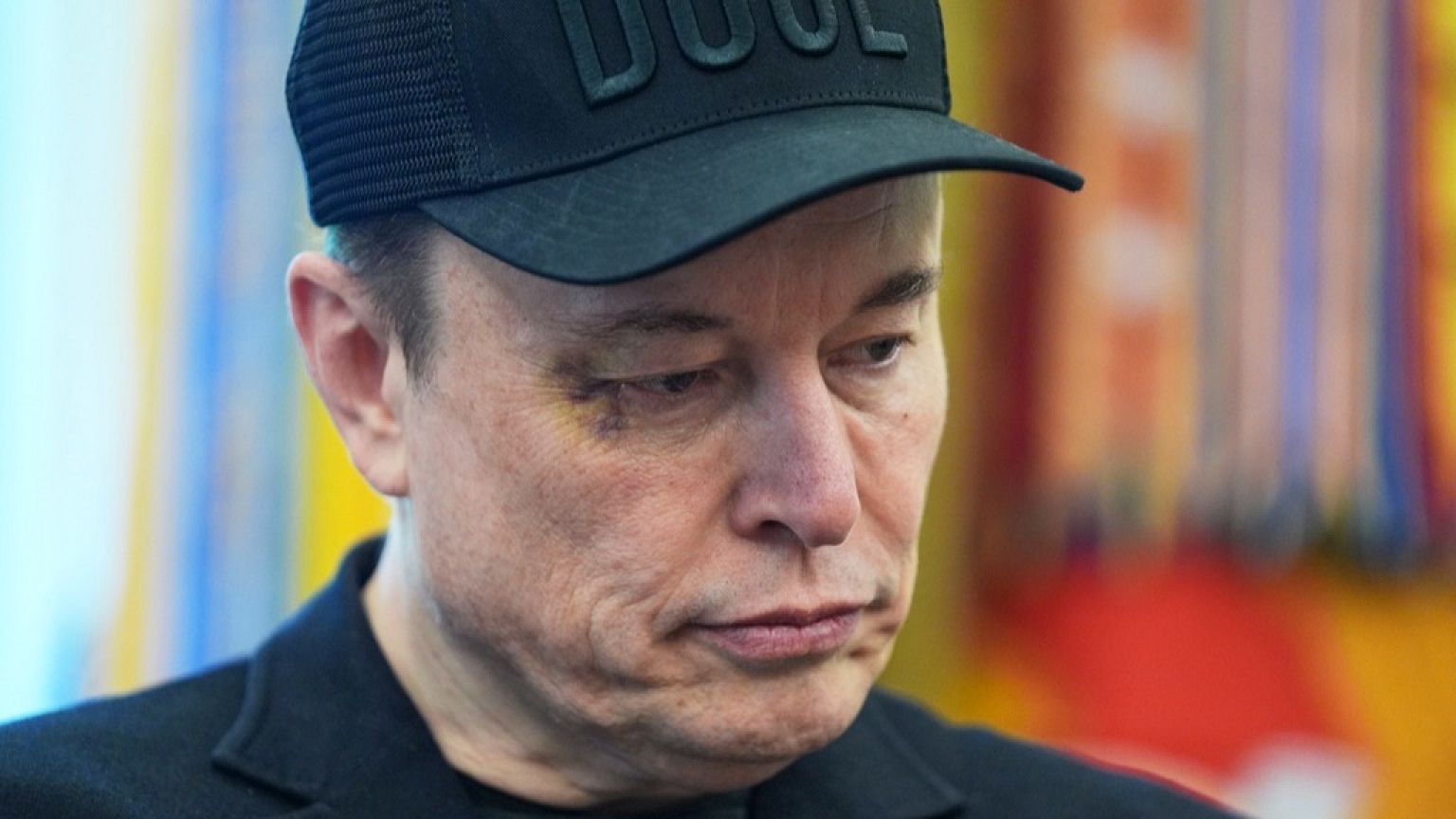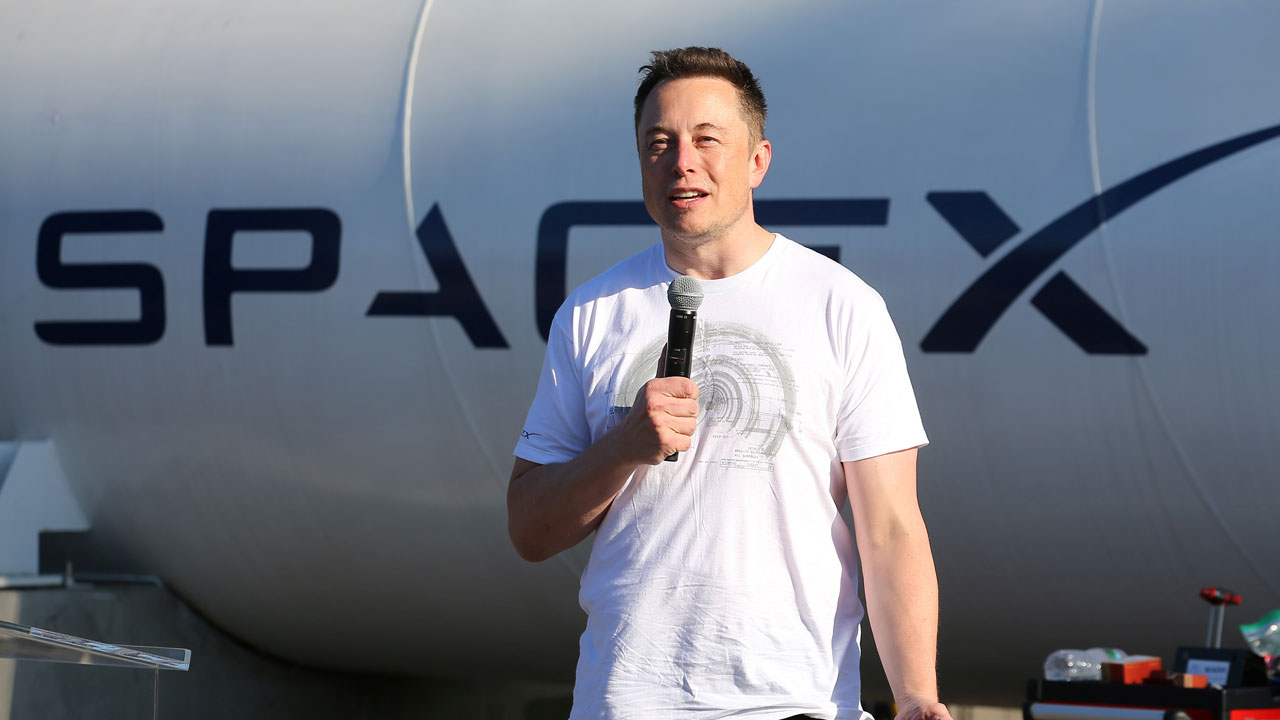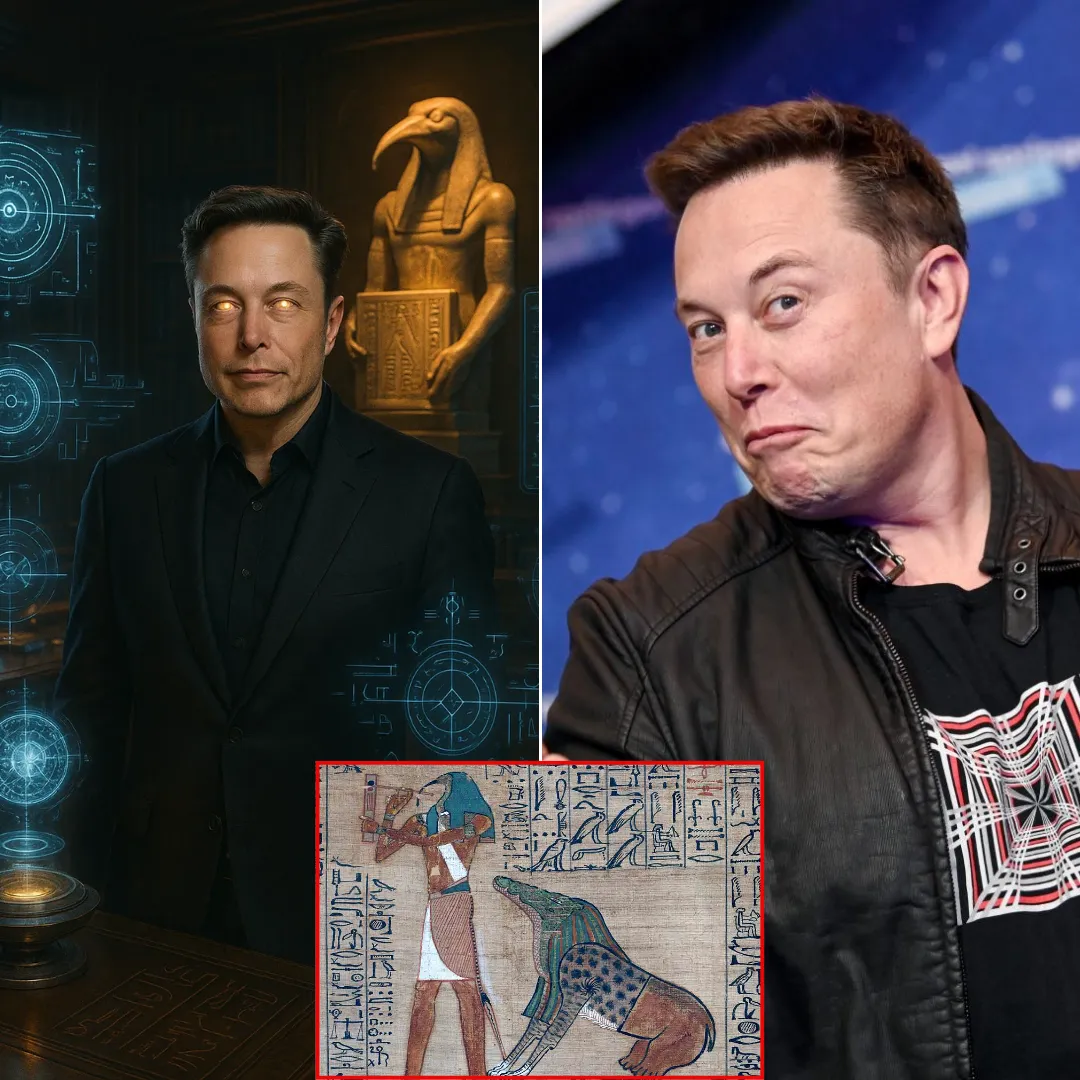
The White House has ordered a sweeping review of the $22 billion worth of contracts between SpaceX and the U.S. government following a public fallout between President Donald Trump and SpaceX CEO Elon Musk.
According to sources familiar with the matter, this move by the administration could potentially lead to the cancellation of these contracts as part of a political retaliation strategy against Musk, who had recently been an ally of the president but found himself at odds with the White House after a series of public comments.
Earlier this month, the White House directed the Pentagon and NASA to gather information on all of SpaceX’s federal contracts, especially focusing on those tied to national defense and space exploration. The goal of this review is to determine whether the Trump administration can legally or practically cancel SpaceX’s contracts, some of which are critical to the U.S. government’s space and defense ambitions.
The tension between Trump and Musk escalated after the SpaceX CEO openly criticized the president. Musk’s remarks, including calling for Trump's impeachment and linking him to a convicted sex offender, set off a chain reaction that led to the White House considering drastic measures.

These comments, combined with Musk’s public refusal to continue supporting the administration's missile defense strategy, have sparked discussions about re-evaluating the government’s relationship with the tech mogul’s aerospace company.
Trump had previously praised Musk’s innovative work in the space sector, with SpaceX becoming an integral part of the U.S. military's aerospace and defense operations. However, this political spat seems to have cast a shadow over that partnership.
In a heated discussion with reporters aboard Air Force One, Trump mentioned that the administration would "take a look at everything," referring to Musk’s business dealings, particularly the government contracts with SpaceX.
As part of the review process, Pentagon officials have been instructed to assess SpaceX's current involvement in military projects, including its role in an ambitious U.S. missile defense system. Some officials have expressed concerns about the growing influence Musk’s companies have within the U.S. government, particularly regarding the integration of SpaceX technology into critical defense systems.
The Pentagon is now weighing whether it should reduce SpaceX’s involvement in the missile defense system or potentially cancel any upcoming contracts with the company.
Simultaneously, NASA’s scrutiny of SpaceX contracts has intensified, especially with regard to its role in transporting astronauts to the International Space Station (ISS). SpaceX currently holds a $5 billion contract with NASA for its Dragon spacecraft, which is the only U.S.-built vehicle capable of carrying astronauts to and from the ISS.
The spacecraft plays a pivotal role in the U.S. space program, and any attempt to cut ties with SpaceX would have a profound impact on NASA’s operations.

The legality of cancelling these government contracts is uncertain, but the review process itself underscores growing concerns about the potential for political motivations to influence government spending and national security decisions. Governance experts are wary of the possible consequences of allowing personal grievances and political rivalries to dictate such important contracts.
Scott Amey, a contracting expert and general counsel at the Project on Government Oversight, voiced concerns that this situation could set a dangerous precedent. “There’s an irony here that Musk’s contracts could be under the same type of subjective political scrutiny that he and his DOGE team have put on thousands of other contracts,” Amey stated. “Any decision shouldn’t be based on the egos of two men but on the best interests of the public and national security.”
This ongoing review could lead to significant changes in how the U.S. government interacts with private defense contractors and aerospace companies like SpaceX. The consequences of any action could also damage the credibility of the U.S. government’s procurement process, which is supposed to be driven by objective criteria rather than political considerations.

SpaceX has become one of the most important players in the U.S. space and defense industries. The company is responsible for launching satellites and other space cargo for both the U.S. government and private clients, making it a critical partner in maintaining the country’s dominance in space.
In addition to its work with NASA, SpaceX is building a network of spy satellites under a classified contract with the National Reconnaissance Office (NRO), which serves as a key asset for U.S. intelligence operations. The NRO contract has further deepened SpaceX’s ties with the U.S. defense and intelligence communities, ensuring the company’s position at the forefront of American aerospace efforts.
SpaceX's role in national defense extends beyond satellite launches. The company is also deeply involved in the development of missile defense systems. The “Golden Dome” missile shield, which was proposed by President Trump, could rely heavily on SpaceX’s technology to protect the U.S. from missile attacks.
This system, intended to provide advanced protection against nuclear and missile threats, has the potential to reshape global defense strategies and elevate SpaceX to even greater prominence in the defense sector.

While Musk has recently attempted to dial back some of his criticisms of President Trump, the damage appears to have already been done. In the days following his public remarks, Musk made a rare attempt to mend fences with the White House, but his calls for impeachment and his allegations against Trump have lingered in the public eye.
Despite this, Musk’s influence within the space and defense industries remains substantial, and it would be difficult for the U.S. government to sever its ties with the company without facing significant operational consequences.
Musk’s company, which began as a pioneering private space exploration firm, has grown into one of the most important contractors for the U.S. military and intelligence agencies. His work has propelled SpaceX into the global spotlight, attracting billions of dollars in government contracts and private investments. However, the prospect of losing these contracts could have a devastating impact on both SpaceX and the broader U.S. space agenda.

As the White House review continues, the future of SpaceX’s relationship with the U.S. government hangs in the balance. While the Trump administration has yet to decide whether it will follow through with any contract cancellations, the political tension surrounding Musk’s public feuds with the president could have far-reaching consequences for the future of the aerospace industry in America.
The ongoing debate raises questions about the intersection of business, politics, and national security. The government’s reliance on private companies like SpaceX for crucial defense and space missions underscores the growing importance of the private sector in these industries.
However, as the fallout from the Musk-Trump feud continues, it remains to be seen whether the U.S. government will take a more aggressive stance against its corporate partners or if common ground can be found to ensure continued collaboration in the space and defense sectors.
In the coming weeks, more details about the White House review may emerge, shedding light on whether the government will follow through on its threat to cancel SpaceX contracts or if the relationship between Musk and the U.S. government can be salvaged for the future.



